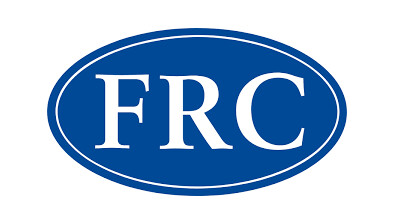FRC: Climate change must be integrated into corporate reporting

Corporate reporting needs to improve to meet the expectations of investors and other users on the urgent issue of climate change, according to a new review released by the Financial Reporting Council.
The regulator has said that while for some companies the challenge may be further on the horizon, climate change must be integrated into decision making now if it is to be tackled in an orderly way.
In order to move forward, the FRC has said a reporting framework is needed. It has called for the introduction of global standards on non-financial reporting and will engage with organisations working to achieve that goal.
In the meantime, the FRC is encouraging UK public interest entities to report against the Task Force on Climate-related Financial Disclosures’ (TCFD) 11 recommended disclosures and, with reference to their sector, using the Sustainability Accounting Standards Board (SASB) metrics.
The Climate Thematic review reflects the important role boards, companies, auditors, professional associations and investors play in considering and responding to climate-related issues; each has the capacity to act as a driver of change.
The FRC’s review sets out key findings, expectations and next steps. The review’s key outcomes are that:
- Evidence of climate considerations influencing business models and company strategy is limited.
- Some companies have set strategic goals such as ‘net zero’, but it is unclear from their reporting how progress towards these goals will be achieved, monitored or assured.
- An increasing number of companies provide narrative reporting on climate-related issues. While minimum legal reporting requirements are often met, users are calling for additional disclosure to inform their decision making.
- Consideration and disclosure of climate change matters in the financial statements lags behind narrative reporting. The review identified areas of potential non-compliance with the requirements of International Financial Reporting Standards.
- The quality of support, training and review provided to audit practices on climate change varies considerably across firms.
- Audits reviewed indicated that auditors need to improve their consideration of climate-related risks when planning and executing their audits.
UK professional bodies and audit regulators in the Crown Dependencies are responding to climate change, but approaches differ in terms of substance and granularity. - Investors support the TCFD framework, but also expect to see disclosures regarding the financial implications of climate change. Investors are themselves facing a changing regulatory environment.
Sir Jonathan Thompson, chief executive of the FRC, said: “Users of corporate reports expect more from companies, auditors, regulators and standard setters in terms of climate change reporting. While this review highlights some bright spots of better practice in both corporate reporting and auditing, we also found that more needs to be done. I know that this is a difficult time to ask for more, but now is the time for all of us to raise the bar.”







